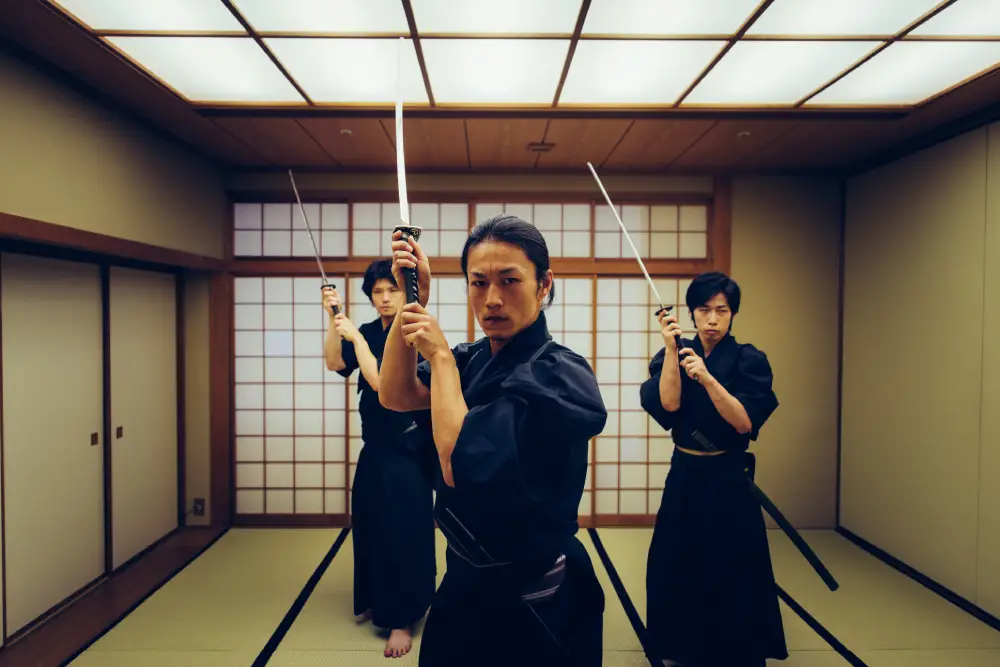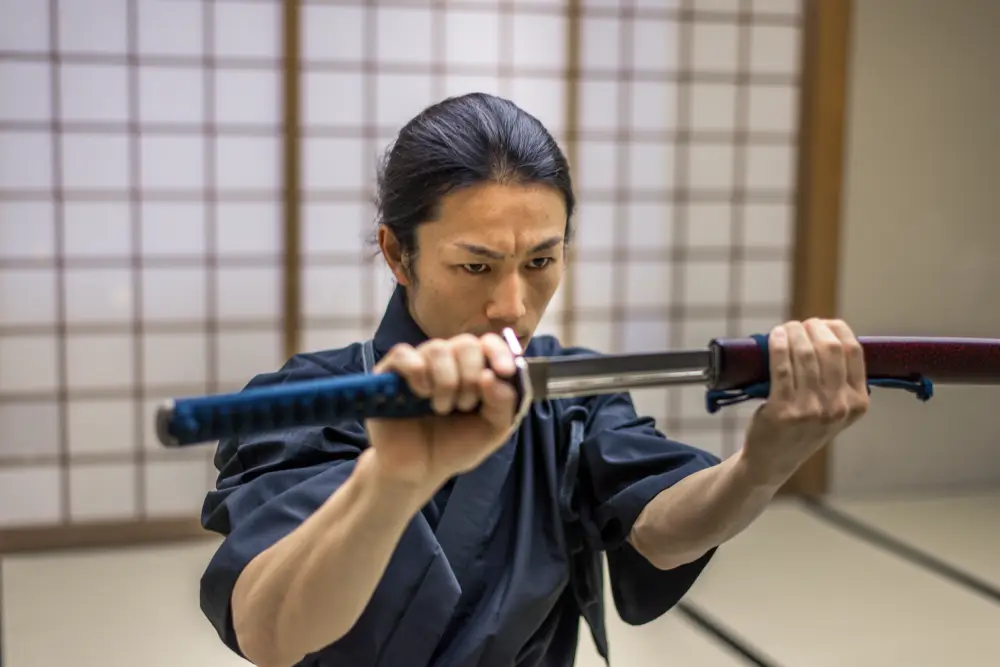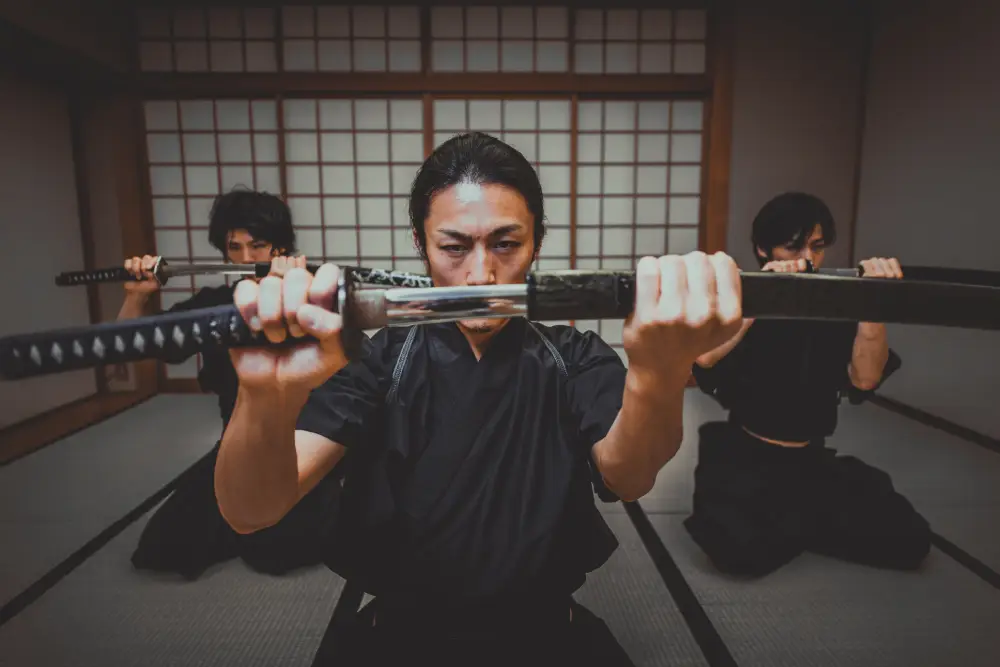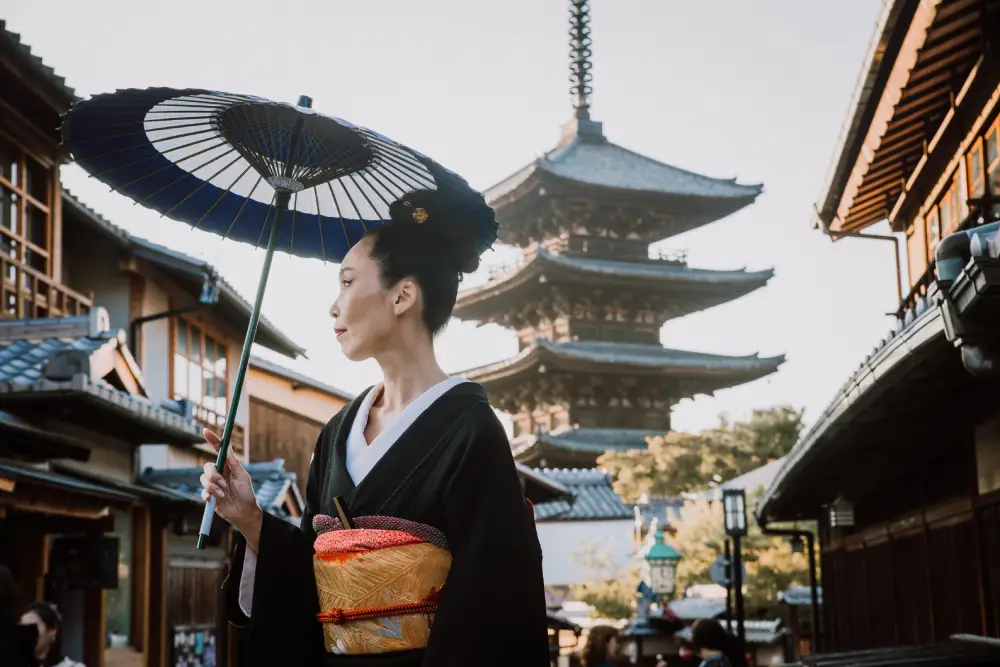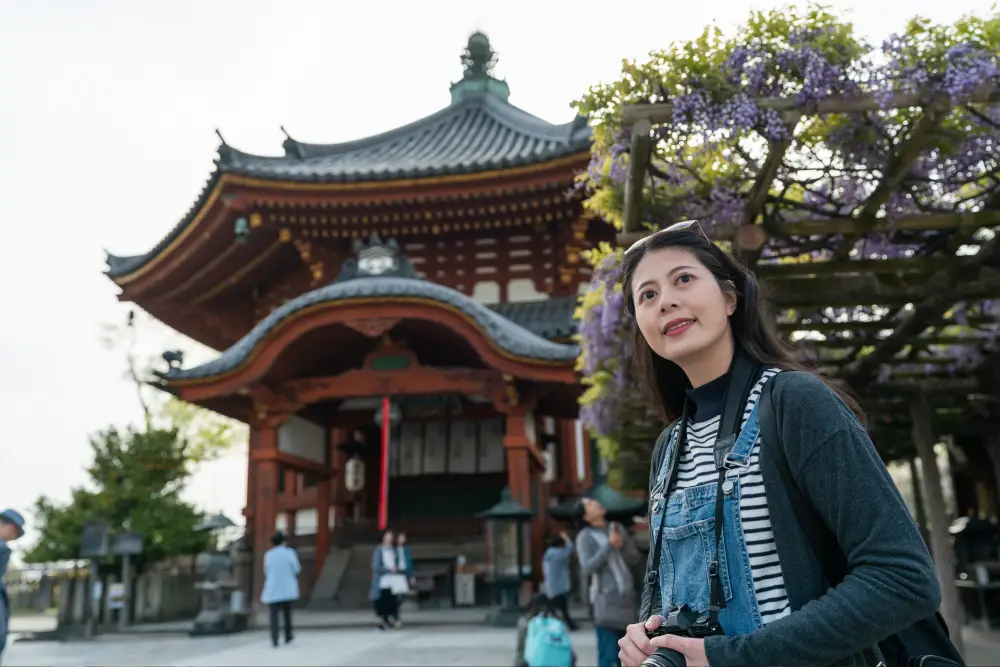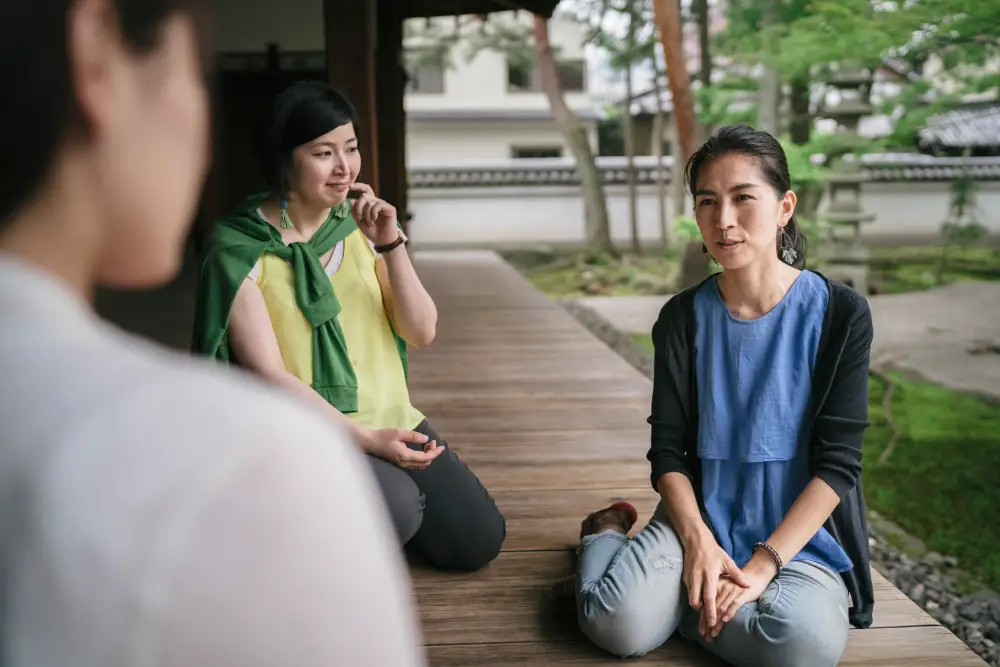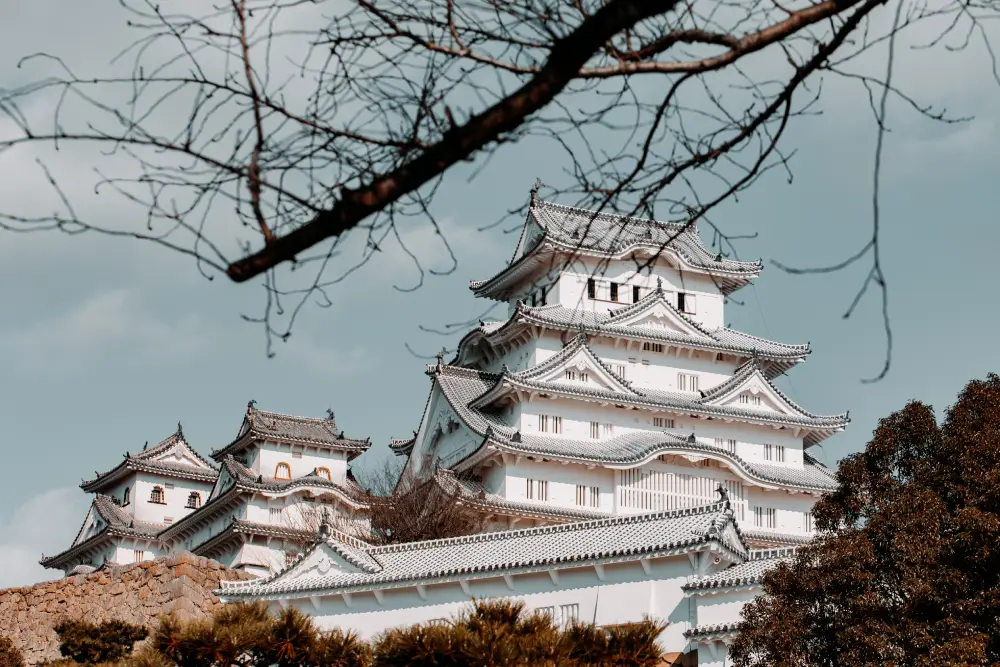Unveiling Tokyo's Samurai Legacy: Exploring Bushido in Modern Japan
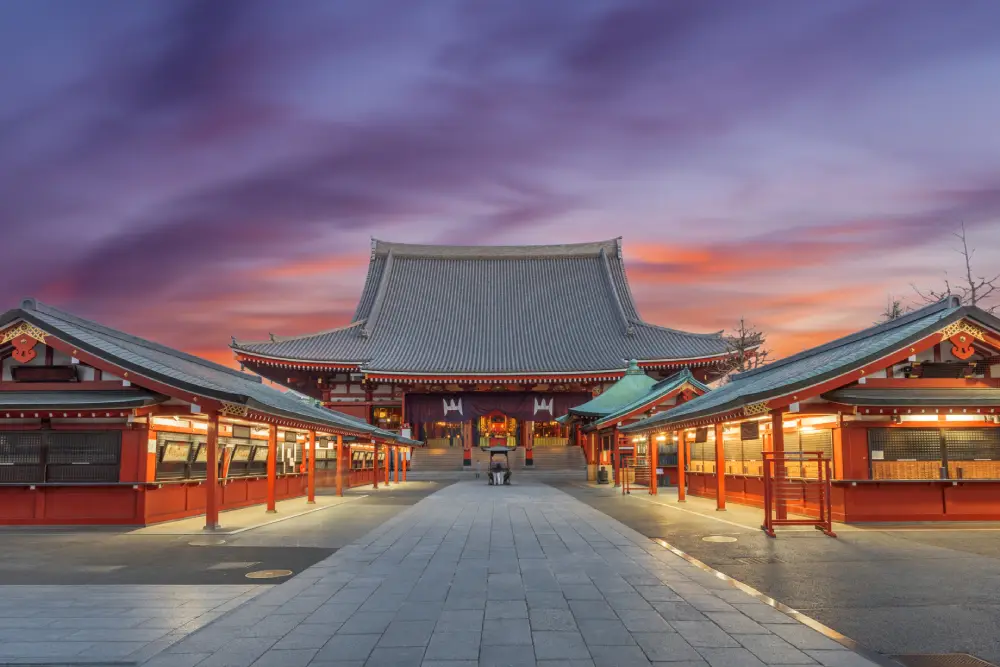
Introduction
In the heart of bustling Tokyo, amidst its towering skyscrapers and neon-lit streets, lies a deep-rooted heritage that speaks of honor, loyalty, and martial prowess. This is the legacy of the samurai, an integral part of Japan’s history and culture, preserved through the ages and still resonating in the modern-day psyche. Tokyo, as the vibrant capital, serves as a gateway to explore the essence of Bushido, the way of the warrior, which continues to influence Japan’s societal values and mindset.
